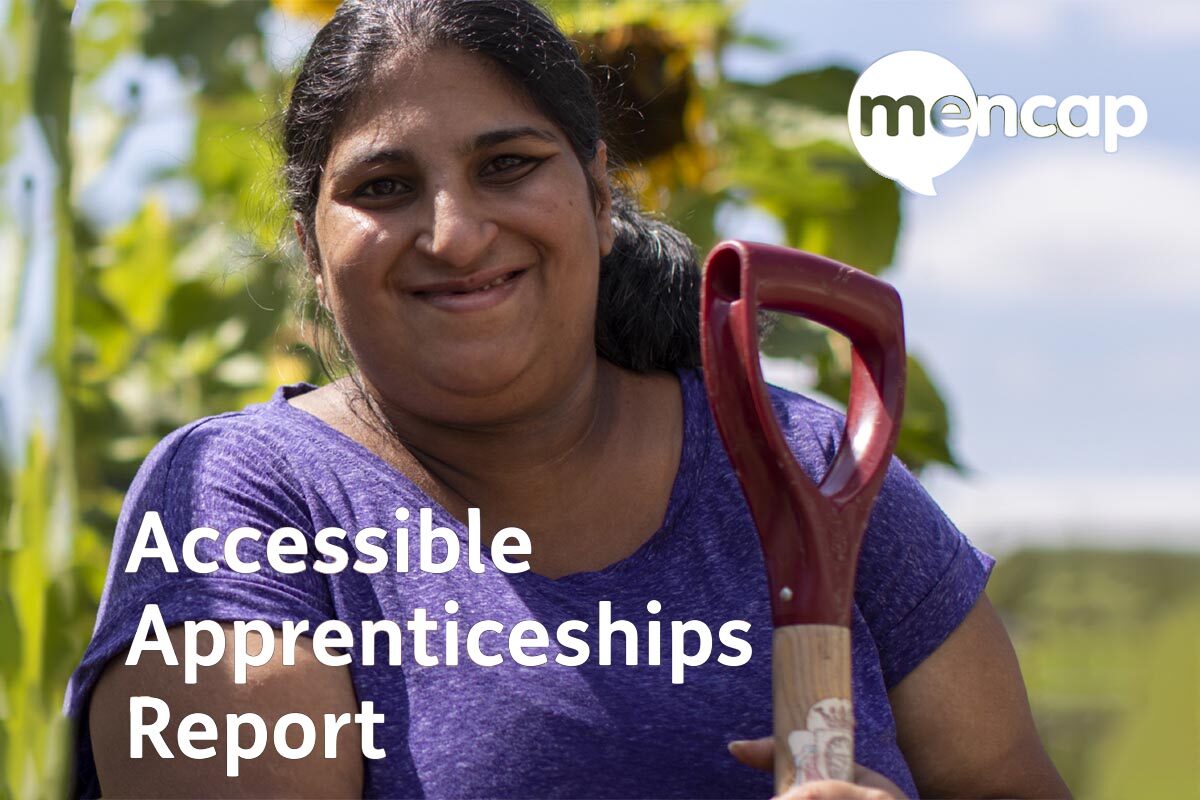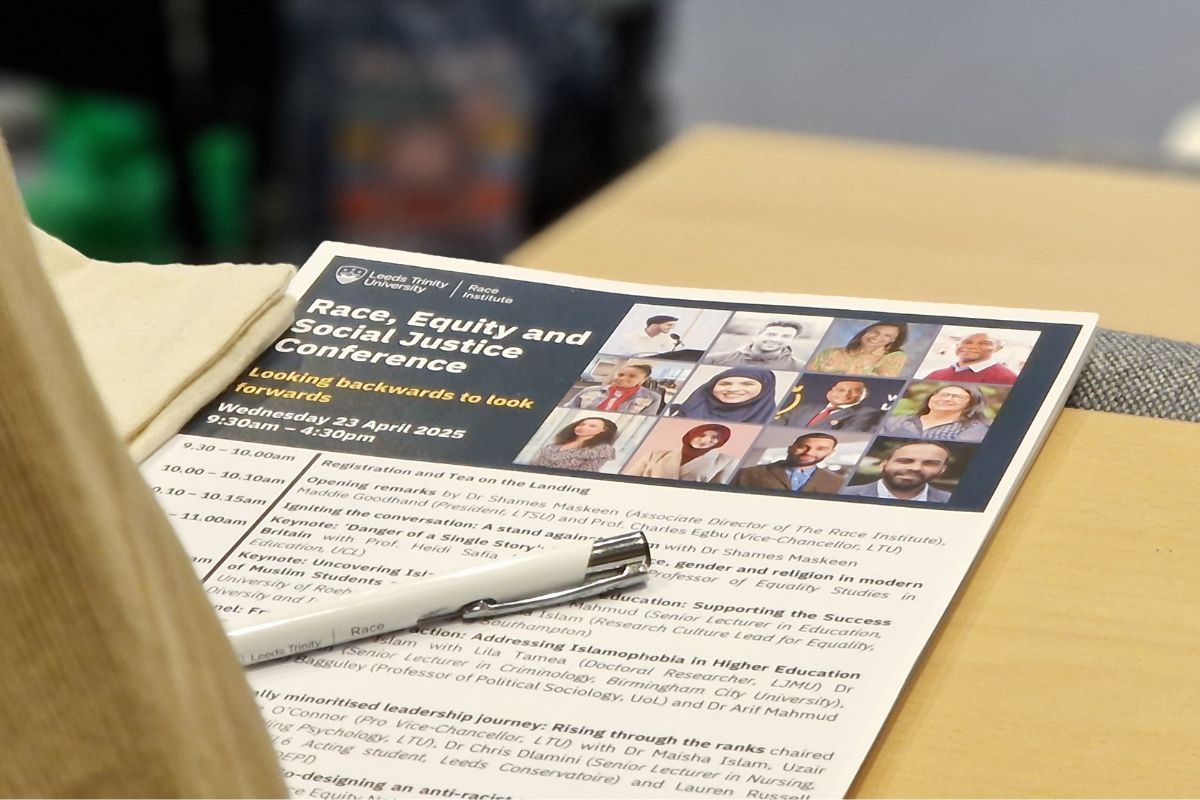National Apprenticeship Week: Mencap calls for change in apprenticeships for people with a learning disability at a time when many sectors face workforce shortages

A new report from Mencap lays out recommendations towards the current regulations around apprenticeships for people with a learning disability or learning difficulty #NAW2022
This National Apprenticeship Week, Mencap, the UK’s leading learning disability charity, is calling on the Department of Education to rethinktheir current regulations around apprenticeships.
Mencap have laid out recommendations in their Accessible Apprenticeships Report calling for change to allow for tens of thousands of people with a learning disability or learning difficulty to access more apprenticeships.
Between April-June 2021, Mencap surveyed 141 apprenticeship employers and training providers on the current system of minimum requirements to understand the views of the sector and found that current regulation presents unnecessary barriers for people with a learning disability or learning difficulty to enter and complete apprenticeships.
In 2019/20, only 12% of all apprentices identified as having a learning disability or learning difficulty or a health problem. Among apprentices with a learning disability or learning difficulty, the most common primary diagnoses are dyslexia or a medical condition such as epilepsy, asthma or diabetes. Less than 0.5% of apprenticeship participants with an LDD had a learning disability as their primary diagnosis.
Apprenticeships are life-changing opportunities. Apprenticeships enable people to learn, train, and earn a recognised qualification, while gaining practical work experience. For many people with a learning disability or learning difficulty, this combination of hands-on experience, learning, and pastoral support is the ideal training method. However, few have the opportunity to enter an apprenticeship with many falling at the first hurdle.
Mencap have found that the majority of apprenticeship employers and training providers believe that the criteria for people with a learning disability or learning difficulty to qualify for flexibilities set out in the ‘Specification of Apprenticeship Standards for England’ are too restrictive. Mencap have set out a series of recommendations in their report to expand the adjusted minimums to people with a learning disability or learning difficulty.
The vast majority (96% of respondents) agree that people with a learning disability or learning difficulty should qualify for adjusted minimum standards based on a cognitive assessment rather than evidence of an Education, Health and Care Plan (EHCP).
Mencap also suggest that where there is no industry-standard requirement for English and Maths qualifications that the practical English and Maths required for the job for people with a learning disability or learning difficulty are re-examined, such as the ability to talk to customers or identify correct weights and measurements.
71% of respondents to the survey described current English and Maths requirements as an ‘unnecessary barrier’ and 92% of employers would be willing to hire an apprentice with those practical adjusted minimums.
With many sectors currently struggling to recruit, the easing of these restrictions will allow businesses to enhance what they can offer by including people with different experiences and skills. If not, there is a worry that the current economic climate will worsen the barriers and widen inequalities that people with a learning disability already face.
Mark Capper, Head of Development in the Lifestyles & Work team at the learning disability charity Mencap, said:
“We have the opportunity to make a very subtle change to an already existing policy that will allow for tens of thousands of people to access apprenticeships. At a time when the UK is suffering significant labour shortages, we urge the Minister for Apprenticeships and Skills to think differently about the requirements needed for people with a learning disability.
“People with a learning disability can work and want to work and with the right support they can also make fantastic employees. Many have proved their worth during the pandemic – with some working as keyworkers. Now is the time to finally remove barriers and support people with a learning disability through inclusive employment programmes so they can apply their dedication and skills.
“Implementing the recommendations laid out in Mencap’s Accessible Apprenticeships Report, which employers and training providers have agreed with, will enable more people with a learning disability and/or learning difficulty to access and successfully complete apprenticeships.Without action we will see a widening in the gap of opportunities and, without a truly diverse workforce, how can we expect a more diverse society.”
Through its employment programmes, Mencap supports people with a learning disability and/or autism to become more independent and develop their employability as well as helping people to find work placements in a wide range of industries – from supermarkets to logistics and hospitals to hotels.
Through their roles, many have been keyworkers throughout the COVID-19 pandemic – the people society has all relied on to keep the country moving through the most difficult of times.











Responses